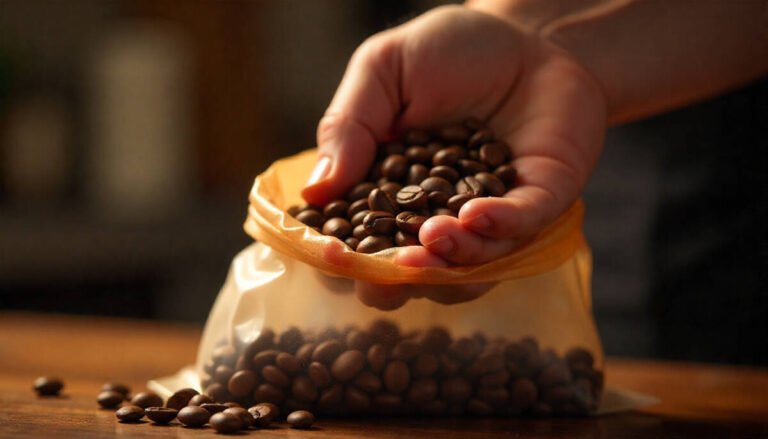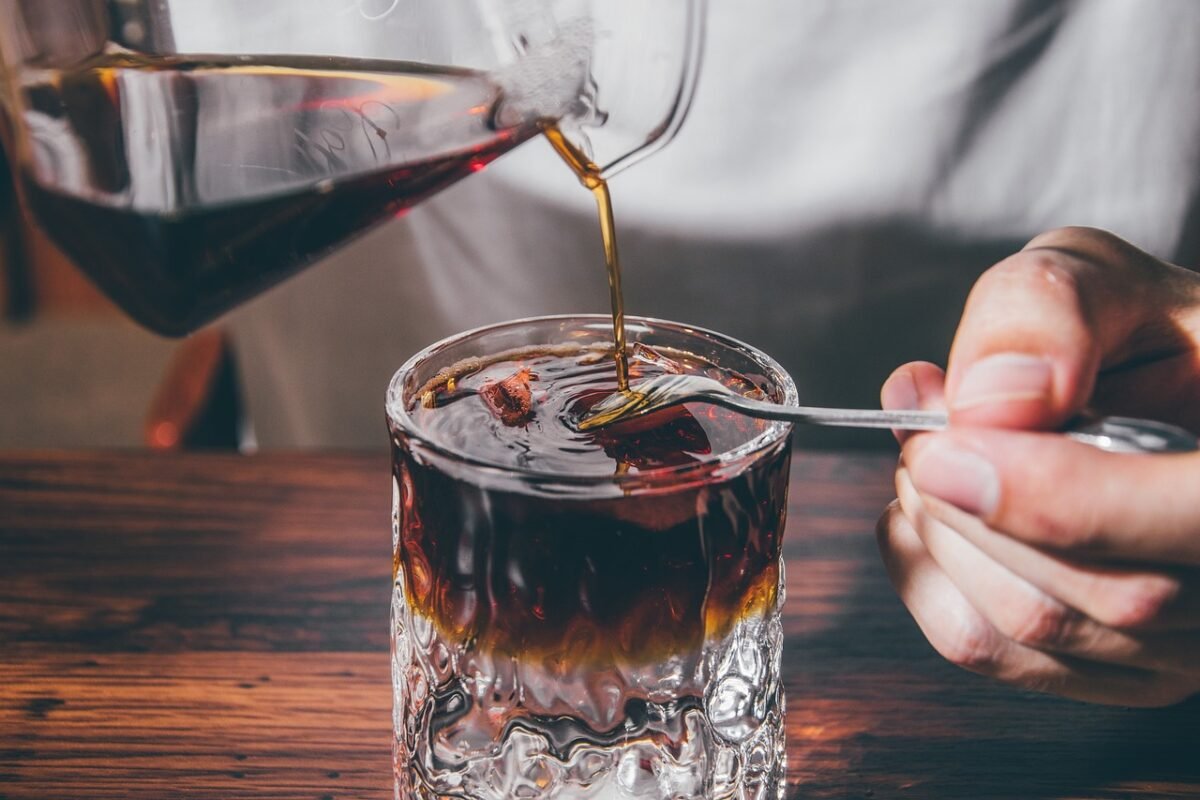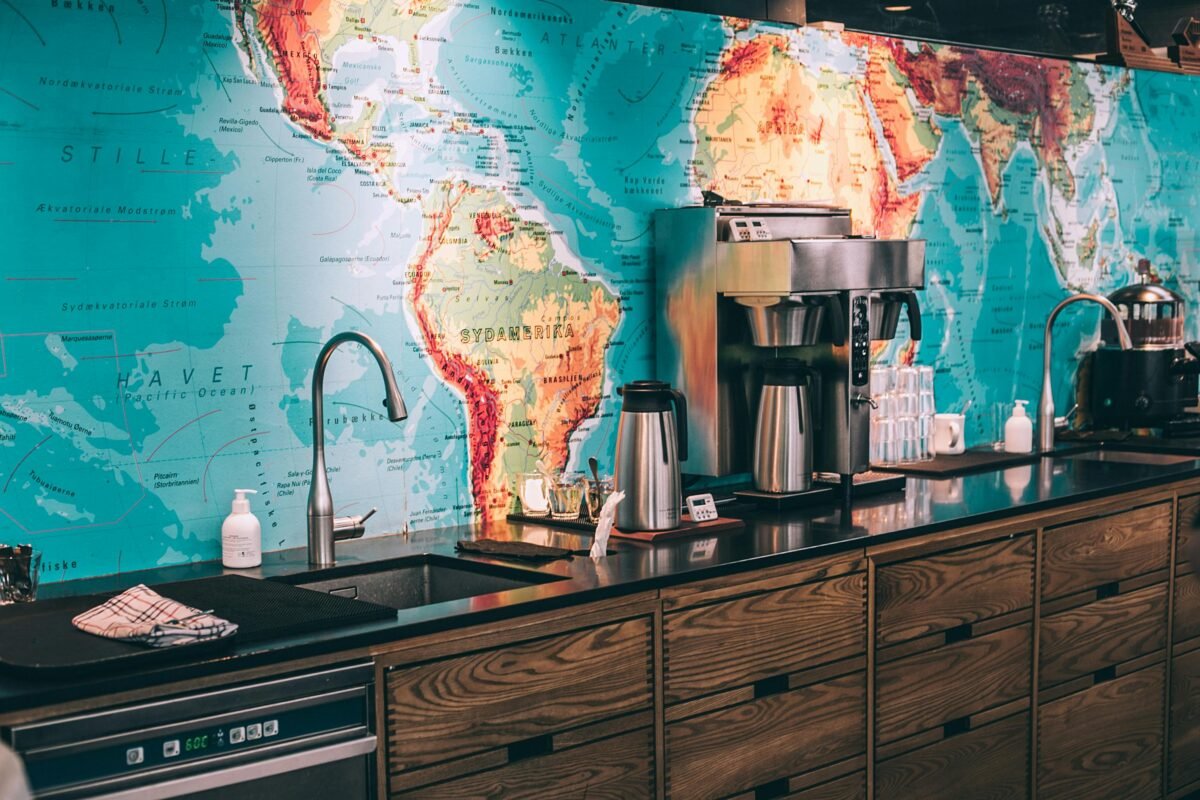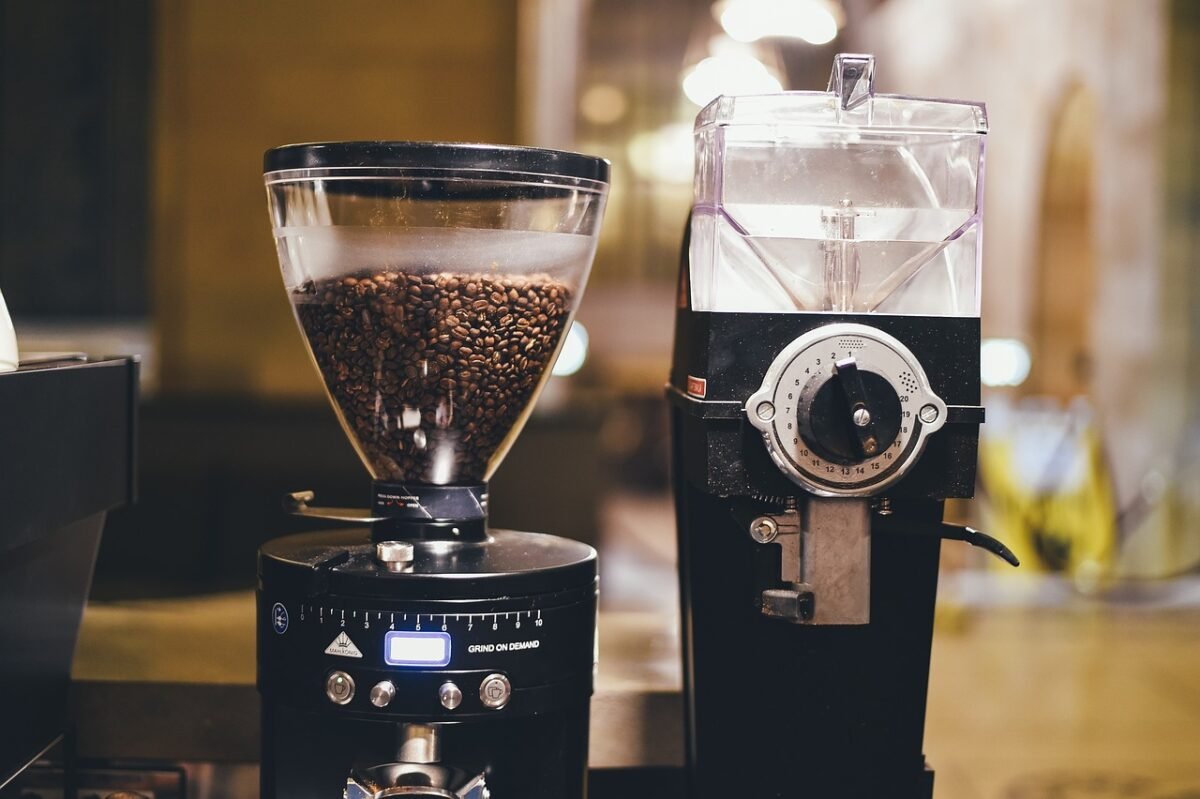If you’re anything like me, you’ve probably asked yourself—does coffee expire? Whether it’s a forgotten bag of beans in the back of your pantry or a half-used tin of ground coffee, the answer isn’t as simple as you’d think. Let’s dive into what really happens to coffee over time, how to store it properly, and whether that old bag is still safe to brew. I’ve packed this guide with practical, 2026-updated tips that every coffee lover should know.
So, Do Coffee Beans Actually Expire?

The short answer: coffee beans don’t exactly “expire,” but they do lose flavor, aroma, and quality over time. Unlike milk or bread, coffee doesn’t spoil in a way that makes it dangerous to drink (unless it’s been exposed to moisture or mold). Instead, it goes stale.
Here’s why:
Coffee is a dry product, but it’s also porous. Over time, oxygen breaks down the natural oils that give it flavor.
Light, air, moisture, and heat speed up the degradation.
Even unopened bags of coffee will degrade if stored poorly or too long past the roast date.
Key takeaway: Coffee doesn’t go “bad” like food, but it absolutely loses its best taste. Freshness matters.
How Long Does Coffee Last?

Here’s a breakdown of shelf life under normal storage conditions (room temp, sealed container, no moisture):
| Type | Unopened | Opened |
|---|---|---|
| Whole Coffee Beans | 6–9 months past roast date | Best within 2–4 weeks |
| Ground Coffee | 3–5 months | Best within 1–2 weeks |
| Instant Coffee | 1–2 years | Up to 1 year (dry spoon only) |
| Cold Brew (bottled) | Check expiration label | Consume within 7–10 days |
Tip for 2025: Many specialty roasters now print “roast dates” rather than “best before” dates. Always check that instead—it tells you how fresh the coffee really is
How to Tell If Coffee Has Gone Stale
There’s no mold or visible rot? Doesn’t mean your beans are good.
Here’s how to know your coffee has lost its prime:
Smell test: Fresh coffee smells rich, aromatic, and layered. Old coffee smells flat, dusty, or even sour.
Taste: A bitter, harsh, or cardboard-like flavor usually means it’s past its best.
Texture: For ground coffee, if it clumps or feels damp—toss it. It’s likely absorbed moisture.
Best Ways to Store Coffee in 2026

If you want to keep your beans fresh longer (and you should), here’s how to store coffee like a barista:
DO:
Store in an airtight, opaque container (glass or ceramic is ideal).
Keep it in a cool, dark place (like a cabinet—not the countertop).
Use one-way valve bags if storing beans for over a month.
Buy whole beans and grind right before brewing.
DON’T:
Store in the fridge or freezer (they introduce moisture unless vacuum sealed).
Keep coffee in its original paper bag.
Expose to air by leaving it open or loosely covered.
- Tip: I personally use Airscape Coffee Canisters— they vacuum seal and preserve flavor longer than regular jars.
What About Freezing Coffee Beans?

Freezing can extend shelf life, but only if done correctly.
Use vacuum-sealed or tightly double-bagged beans.
Defrost only the amount you’ll use (don’t re-freeze).
Never freeze ground coffee—it degrades faster.
Some roasters, like Blue Bottle Coffee, say freezing is acceptable in small batches, especially for high-end beans you’re not drinking daily.
Can You Drink Expired Coffee?

Yes—but don’t expect a good cup. As long as it’s:
Dry
Mold-free
Properly stored
it’s technically safe to brew. Just know that stale coffee = dull, lifeless flavor. Life’s too short for bad coffee, right?
Freshness-First: Where to Buy Fresh Beans in 2026
If you’re chasing flavor, avoid supermarket shelves where bags may sit for months. Instead, go straight to the roaster.
Here are three top-rated places to order fresh beans online:
Trade Coffee – Matches you with fresh beans based on taste quiz.
Equator Coffees – Certified B Corp; ships fresh weekly.
Atlas Coffee Club – Monthly subscription featuring beans from around the world.
All these sites ship within 24–48 hours of roasting. You’ll notice the difference.
Final Thoughts: The Real Expiration Date of Coffee
Here’s the bottom line for 2026 coffee lovers:
Coffee doesn’t “expire” in the traditional sense, but freshness fades.
For the best flavor, treat coffee like produce—not pantry filler.
Buy in small amounts. Grind only what you need. Store it smart.
- Taking just a few extra steps makes your daily cup brighter, bolder, and way more satisfying.
Frequently Asked Questions (2026 Edition)
Q: Can expired coffee make you sick?
A: Not usually. As long as it’s dry and mold-free, old coffee is safe—but may taste awful.
Q: Should I store coffee in the fridge?
A: No. Fridges have moisture and odors that coffee absorbs. Stick to airtight containers in a cool, dark spot.
Q: What’s the best way to tell if my coffee is stale?
A: Smell and taste. If the aroma is flat or the taste is harsh, it’s likely stale.
Q: Is it worth freezing expensive beans?
A: Yes, if you vacuum-seal and freeze in small portions. Don’t refreeze once opened.
Q: How often should I buy coffee for peak freshness?
A: Ideally every 2–4 weeks if you’re buying whole beans. Shorter if it’s ground.




